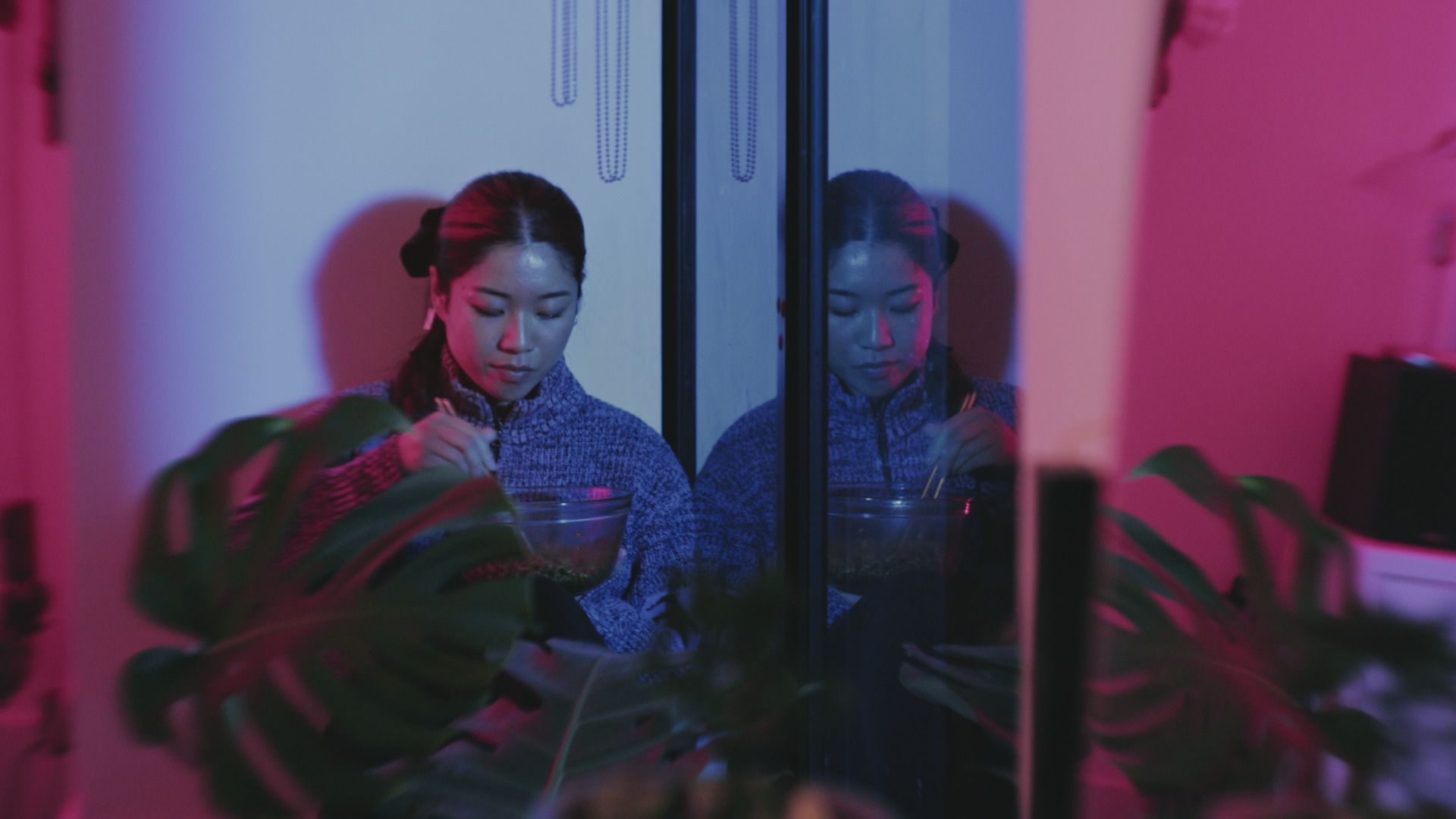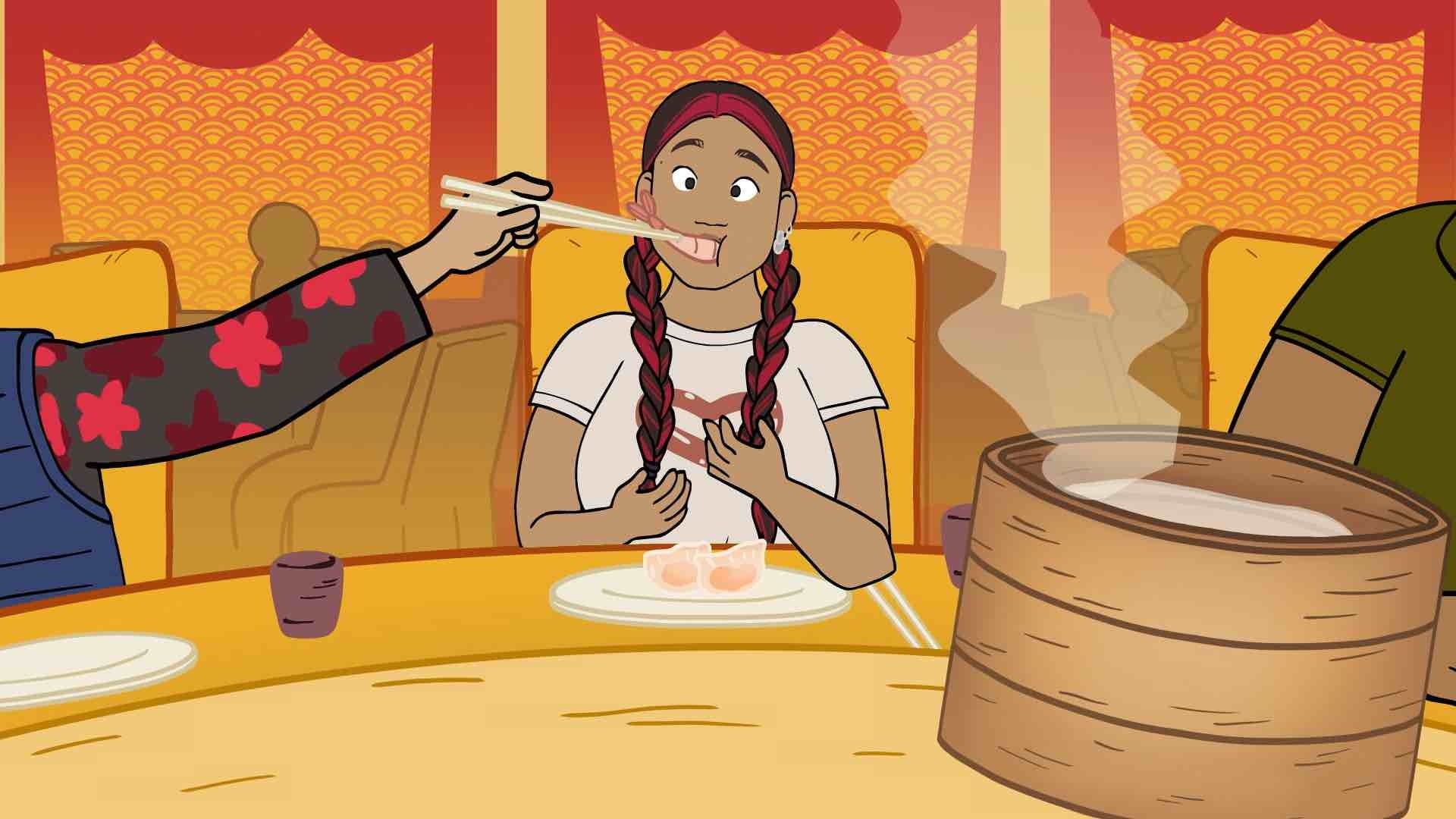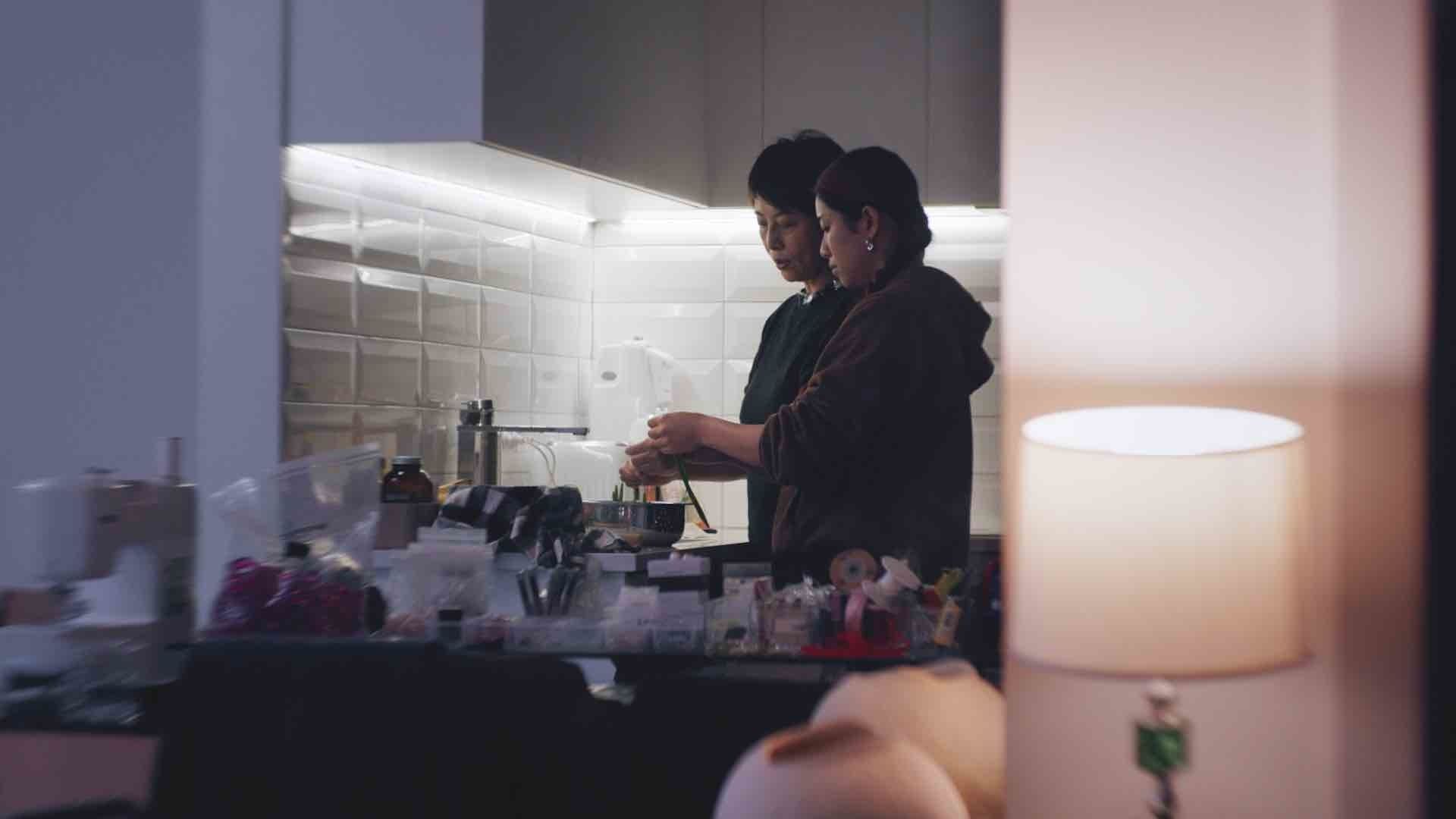Everything I Know about Heartbreak
Grace Ko, one of the darlings from Re: News series Dating While Asian, shares her bank of knowledge for getting through breakups.
Grace Ko is the first storyteller in Re: News series Dating While Asian. Watch her episode on reconnecting with her cultural needs and family after a relationship left her anxious and lacking. Check out the rest of the series here!
I’m good now. Really good. It’s been a while since my breakup, since I filmed Dating While Asian. Watching back on that moment in time was a precious reminder of the gentle compassion I showed towards myself. That’s my definition of self-love: allowing yourself to learn, like teaching your inner child how to love and how to heal. Allowing yourself to tap into the different frequencies of emotions or letting the different emotions pass through you – whatever perspective gives you clarity.
I had a few watchers message me about their own heartbreaks. It made me feel sad, protective, but also happy for them. When the storm from a breakup starts to clear, it’s easy to forget about the pain. When you stub your toe, for a few moments you just have to focus on breathing. Even though the pain seems really fucking unbearable. But, as much as it is painful, it is also an invitation for you to come back home to yourself. I visualise this like the gates of heaven – but instead of seeing all your relatives who have passed welcoming you in, it’s every version and facet of yourself who has overcome life hurdles. How can you not trust yourself to heal when you have a bank of knowledge, which is yourself?
Grace Ko eating dumplings at the family dinner table: Dating While Asian: Episode 1.
So this is for all those who have had their hearts broken, who have broken hearts, who are trying really hard to move through it, and for the future me, who may go through another breakup. This is my bank of knowledge.
1) Permanence is an illusion. It’s human nature to stick to familiarity, even if that familiarity is pain. Have you ever identified yourself with your pain, like you’re addicted to it? Perhaps it’s a safe place because it makes you feel like you’re in the driver’s seat. Dwelling on pain turns it into suffering, and we won’t be doing none of that. If I remember anything from singing hymns during assembly, it’s that Jesus suffered so we didn’t have to.
However, I’m not sure whether pain has ever become my identity. I know healing has though – maybe not in an entirely healthy way because it was a means to feel in control.
2) My friendships are the blueprint to my future romantic relationships. The way my support system shows up for me and holds space for my emotional needs is the standard. If you wanna get with me, you gotta get with be like my friends!
3) Connect with your culture and you’ll find tools you never knew you had. My good friend Samara once told me about an exercise they did at New Zealand School of Dance. You walk across the studio while envisioning your entire ancestry walking behind you, hands resting on your shoulders, in a pyramid formation. If this doesn’t make you feel like Rihanna during the Super Bowl, in perfect Parris Goebel formation, I don’t know what will.
This exercise seeks to make you feel grounded and connected to your heritage and ancestry. It’s an extremely powerful way to remember and celebrate your culture because it’s not analytical or logistical, it’s intuitive.
4) Be accountable, take responsibility for the role you had in the breakup and address yourself, whether it’s how you handled it, your thoughts, your fears, etc., before you enter a new relationship. People say we date the same person again and again – is that because we remain the same?
There’s a proverb in Chinese:
小洞不补,大洞吃苦
If small holes aren’t patched up, bigger ones will form.
5) What you hold on to is what controls you. My godmother uses this analogy: Imagine being in a desert and walking through the dry sand. You start getting an illusion of water and you race towards it, only to realise it doesn’t exist and you’ve been hyponotised by a false fixation.
6) Don’t seek comfort from your source of pain.
7) My godmother uses the Buddhist analogy: when the fruit is ready, it falls off and that’s it. Overthinking and dwelling on something is the equivalent of that fallen fruit growing a sprout and turning into another tree.
8) Don’t fall in love with someone’s potential.
9) Distance yourself physically and emotionally from who you were in the relationship. This is what people really mean when they say time heals. Distance is often mistaken for time, but time itself will do nothing – it’s what you do with the time to create this space. This means dyeing your hair red, doing the ‘rebrand’, and putting in the WORK for self-awareness, reflection and growth. Therapy is also great.
10) Not everything is sad.
11) Just like you know your sun, moon and rising, you should know your attachment style! Our attachment styles tell us about our relationship with intimacy and closeness. There are four categories – avoidant, anxious, ambivalent and secure – and they usually develop from our relationship with our primary caregiver or a formative romantic relationship. We can be a mixture of a few, and they can change through different relationships.
Understanding your attachment style can help you uncover why you follow a similar pattern in relationships. Perhaps it’s that you tend to jump from one to the next without giving yourself time in between to be single. Or you’re always the one breaking up with your partner because it’s a fear response and a way to protect yourself from being the heartbroken one. Or maybe you subconsciously perform protesting behaviour in a relationship to get your partner to prove that they love you. Maybe a parent had an unpredictable temper, so you had to protect yourself by closing off your emotions.
There is a lot of self-compassion to be found once you dive into the rabbit hole of attachment theory. When you understand your style, it opens up space for you to hold your inner child instead of blaming them.
Just like you know your sun, moon and rising, you should know your attachment style!
12) The only way ahead is through. Get through it, not over it.
13) You don’t need to intellectualise every part of your pain – don’t abandon your inner child to do detective work. Understand your trauma when you are ready. For me that was the next morning, and it was my way of feeling like I was in control –it was easier to investigate my and my ex’s attachment styles than it was to be sad. But I ended up treating attachment styles like horoscopes, which is an unfair way to judge a person without knowing them (Libra men though…). The sadness hits soon after anyway.
14) Practise saying “I am sad, for now” – which doesn’t seem so comforting when you turn it around and say “I am happy, for now”, but ebbs and flows, ammirite?
15) 一笑解千愁 - A smile can erase a thousand worries. When you smile, your brain releases tiny molecules called neuropeptides to help fight off stress. If you do nothing else, smile :)
Grace Ko cooking with her mother in Dating While Asian - Episode 1
16) “Memories are alive.” I walked to work listening to my audio book Attached (it’s about attachment theory) and the author mentioned that our memories are not books in a library. They shift and change, sweeten and go sour, depending on our present emotional experience and the context of our lives. If your breakup is feeling especially painful today, think about other aspects of your life: how is your job, how are your friendships, how is your health?
The book Come as You Are also talks about context, but focuses on sex and pleasure. The author says that when you have really good sex, a lot of the time it’s not actually because your partner is good – it may be that you’re thriving at work, or all your friendships are growing. Good context = good sex. Good context = good healing environment.
17) For the moments when you’re feeling regretful or confused, talk to your higher self who made the decision for you – out loud. Ask them, “Why did I make this decision?” When I think of my higher self, she is kind, forgiving, emotionally available for her friends and gives great advice. When I speak to my higher self out loud, she never answers with self-sabotaging or victimising thoughts.
18) Lean into instability and be present with it.
19) A good friend told me to visualise handing back your limiting beliefs to your past self, telling her you don’t need these anymore and moving forward.
My friend and I would give each other advice back in uni, and if a piece was really good we would write it in our notes to read when we felt like we needed it. I hope that you find this when you need it, or save it for when you do.



